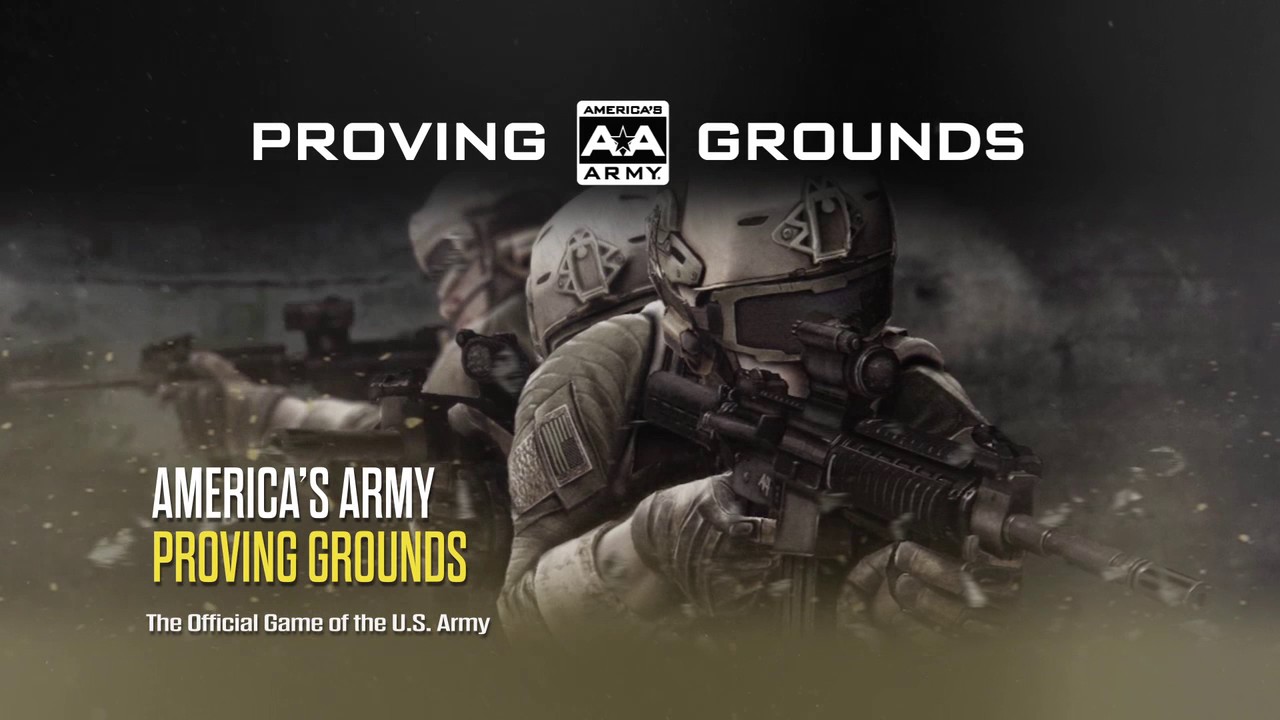
CYBER-WAR & MILITAINMENT
The increasing use of digital technologies as parts of military weapons systems and strategic planning raises a host of questions about the changing nature of combat. At the same time, "cyberterrorism" (computer hacking to do material or psychological damage to an enemy) has emerged as a new mode, or weapon, of warfare. Amidst this new cyberwarfare, digital media, particularly simulation games used by the armed forces and video games used by civilians and the military alike, are playing a major role in what some call "militainment" --the products of an increased connection between armed forces and the entertainment industry.


Critics argue that "militainment" is blurring the line between entertainment and military action, including the line between real and virtual warfare. Analysts of these phenomena see the active use of popular media to recruit soldiers as misleading, see militainment as creating more militaristic attitudes in the populace, and fear it distances military personnel from the reality of warfare, especially from the human and enviromental impact of their actions.
The sites, videos, articles and books cited below explore a range of issues surrounding the military-entertainment complex, and the increasingly digitized nature of warfare.
Games & Videos Relating to War, Cyberterrorism and Militainment
- America's Army video game developed with US Army.
- Militainment Inc, documentary about militainment.
- Returning Fire documentary about militainment trailer.
- SOCOM II U.S. Navy SEALs video game developed with US Navy.
Select Bibliography
- Allen, Robertson. America's Digital Army: Games at Work and Play. Lincoln: University of Nebraska Press, 2013. Careful ethnographic how of US Army's video game series breaks down the line between virtual and real, work and play, civilian and soldier.
- Berland, Jody and Blake, Fitzpatrick, eds. Cultures of Militarization. Sydney, NS: Cape Breton UP, 2010.
- Carley, Kathleen, et al. Detailed Analysis of Factors Affecting Team Success and Failure in the America's Army Game CASOS Technical Report, 2005.
- Craig, Kathleen. "Dead in Iraq: It's No Game" Wired 06 June 2006.
- Deck, Andy. "No Quarter: Demilitarizing the Play Ground." Art Context 2004
- Der Derian, J. Virtuous War: Mapping the Military-Industrial-Media-Entertainment Network. Boulder: Westview Press, 2001.
- Edwards, Paul. The Closed World: Computers and the Politics of Discourse During the Cold War. Cambridge, MA: MIT Press, 1996. Brilliant study of the decades long relationship between computers and militarism in the US.
- Goodman, David. "A Few Good Kids." Mother Jones Sept/Oct 2009."
- Gray, Chris Hables. Peace, War and Computers. NY: Routledge, 2004. Excellent study of the matrix of connections between postmodern technology, the so-called 'war on terror' and democratic struggles for justice and peace.
- ---. Postmodern War NY: Guilford, 1997. Superlative history of the evolution of computers in warfare from WWII to the 1990s; important background for his later work above.
- Halter, Ed. From Sun Tzu to X-Box. NY: Thunder’s Mouth Press, 2006. Adds useful historical perspective to the militainment debate by examining the many ways that various kinds of games have been used in military contexts for centuries.
- Harmon, Amy. "More Than Just a Game, but How Close to Reality?" New York Times 04 March 2003.
- Huntemann, Nina and Matthew Thomas Payne, eds. Joystick Soldiers. NY: Routledge, 2010. Excellent collection of ten previously unpublished essays that approach the topic of video games and real war using a variety of perspectives, disciplines and methods.
- King, C. Richard and David J. Leonard. “Wargames as a New Frontier: Securing American Empire in Virtual Space.” In Huntemann, Nina and Matthew Thomas Payne, eds. Joystick Soldiers. NY: Routledge, 2010. Pp. 91-105.
- Leonard, David. "Unsettling the Military Entertainment Complex: Video Games and a Pedagogy of Peace." SIMILE: Studies in Media and Information Literacy Education 4.4 (2004).
- Mead, C. "America's Army Invades Our Classrooms." Rethinking Schools 23 (2009.
- Miller, Toby. "The Pentagon, the University and Video Games" Campus Review April 21, 2008.
- Mirrlees, Tanner. "Digital Militainment: Producing and Playing SOCOM US Navy SEALS".International Journal of Media and Cultural Politics 5.3.(2009).
- Nieborg, David. B. "America's Army." In Thomas Eberle and Willy Christian Kriz, eds. Transforming Knowledge into Action through Gaming and Simulation. Munich: SAGSAGA, 2004 (CD-ROM).
- Shactman, Noah. "Shoot 'Em Up and Join the Army." Wired 04 July, 2002.
- Shaw, Ian and Ronald Graham. “Playing War” Social and Cultural Geography 11.8 (2010): 789-803.
- Silver, David and Alice Marwick. "Internet Studies in Times of Terror," in David Silver and A. Massanari, eds. Critical Cyberculture Studies. 47-54. NY: NYU Press, 2006. Traces the increasing involvement of Silicon Valley and other tech meccas in the production of military digital technologies in the post 9/11 era.
- Singer, P.W., "Meet the Sims...and Shoot Them." Foreign Policy March/April 2010.
- Sisler, Vit. “Digital Arabs: Representation in Video Games.” European Journal of Cultural Studies 11 (2008): 203-220.
- Souri, Helga Tawil. “The Political Battlefield of Pro-Arab Video Games on Palestinian Screens.” Comparative Studies of South Asia, Africa and the Middle East 7.3 (2007): 536-551.
- Stahl, Roger. Militainment Inc. NY: Routledge, 2010. Stahl is the single figure who has done most to popularize the concept of militainment.
- Thompson, Clive. "The Making of an X-Box Warrior" New York Times 22 August 2004.
- Turse, Nick. The Complex: How the Military Invades Our Everyday Lives. NY: Metropolitan Books, 2009. An accessible, comprehensive study of the myriad ways the line between military and civilian culture has been breached.
- ---. "Bringing the War Back Home: The New Miltary-Industrial-Entertainment Complex."
- ---. "The Real Matrix: The Pentagon Invades Your Life."
- Vegh, Sandor. "Hacktivism or Cyberterrorism?" First Monday 7.10 (2002). Article exploring the hazy ground between digital activism and so-called cyberterrorism.
- Wark, McKenzie, "Escaping from the Dual Empire" Rhizomes 6 (Spring 2003). Important early formulation of the context of militainment.
